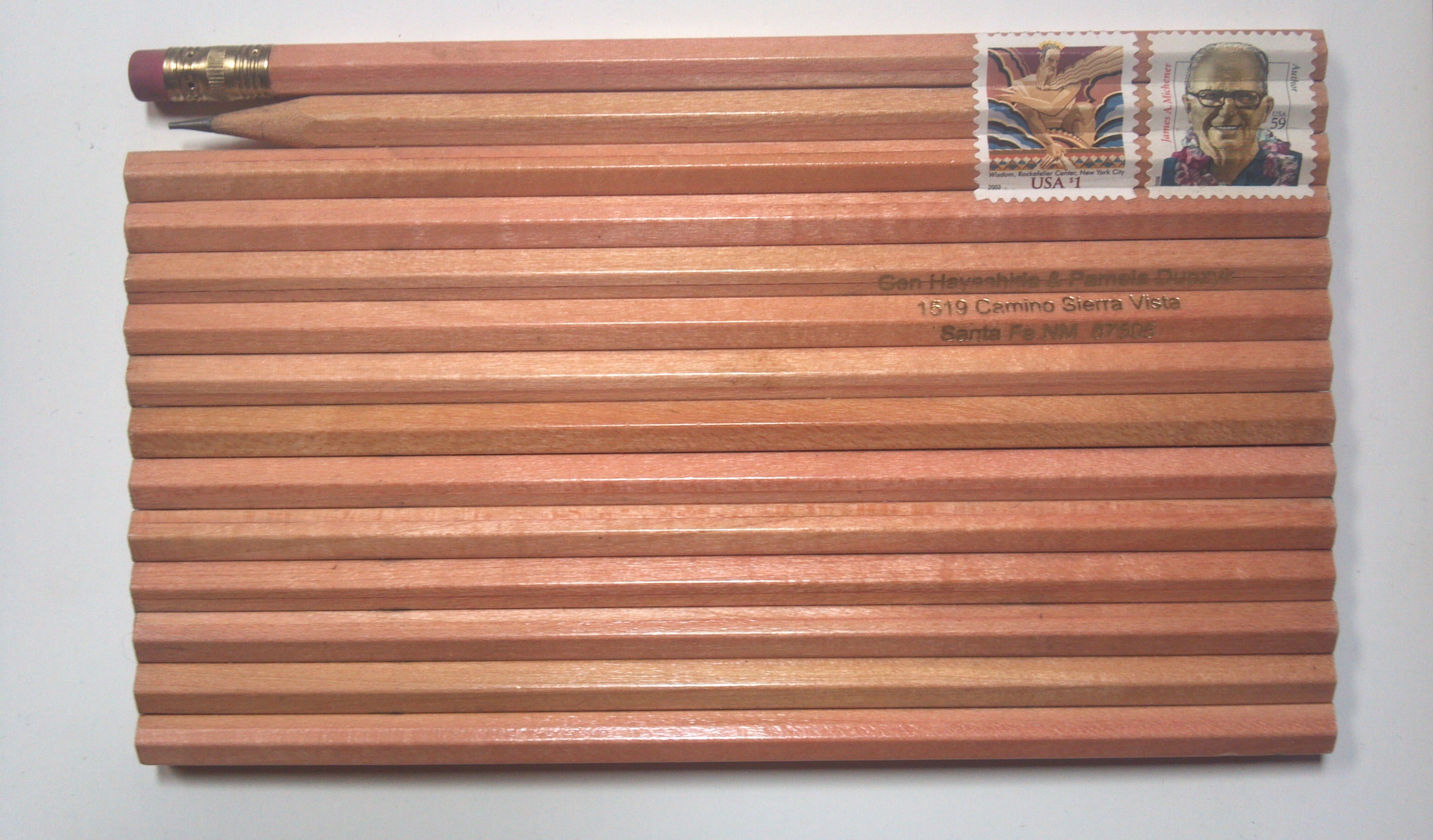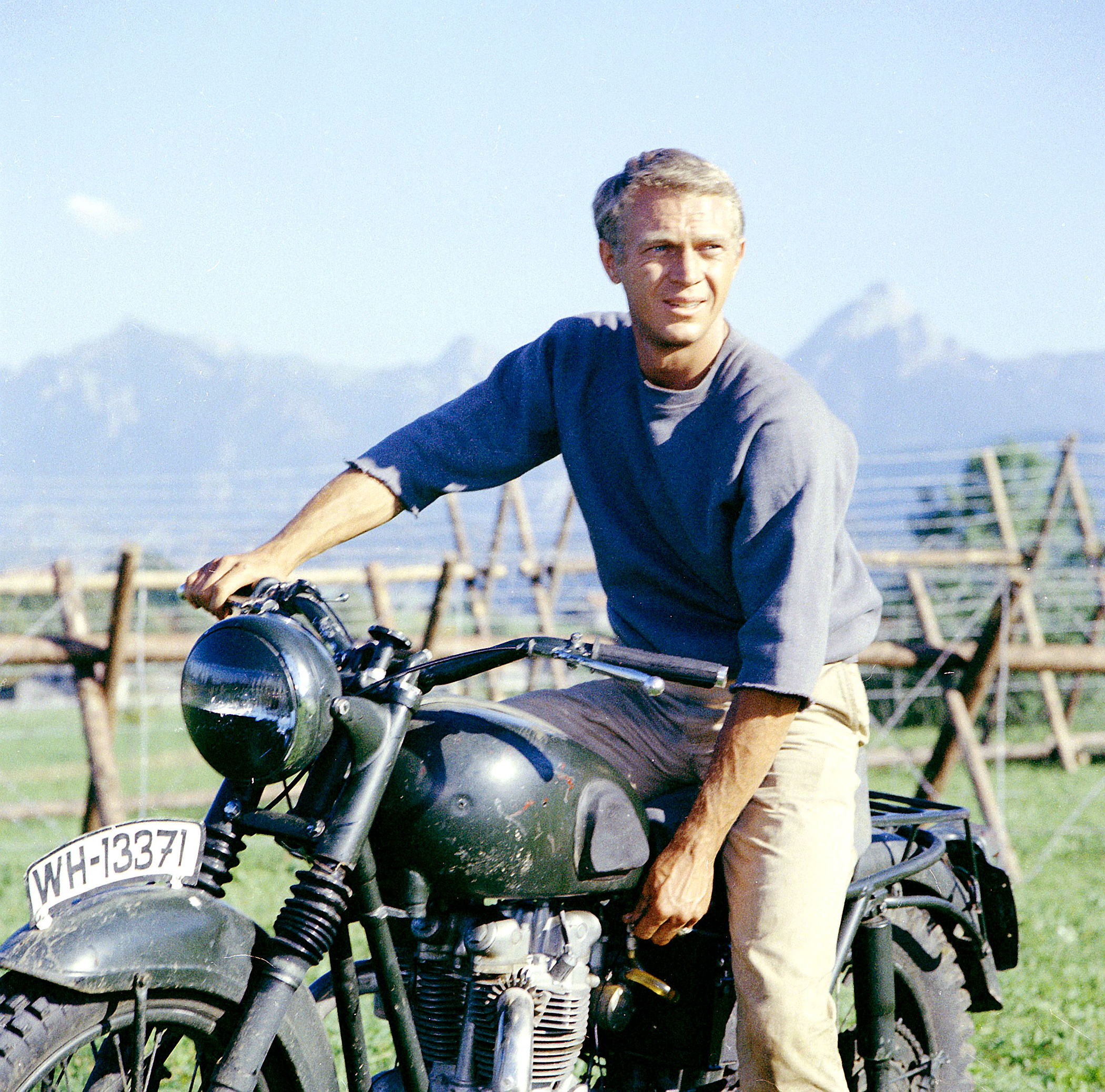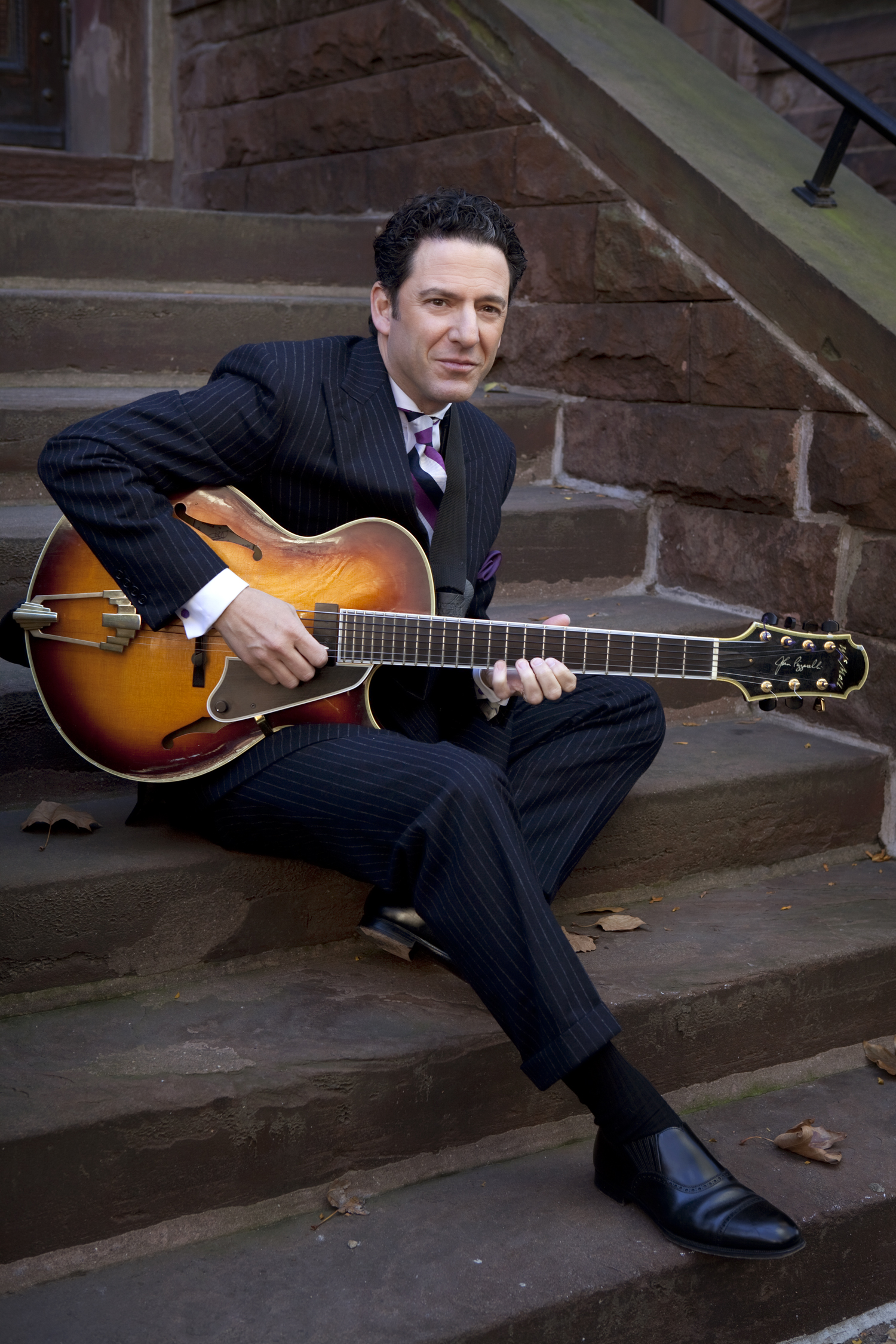Friday 8/2
Music: Time Signatures
With the John Pizzarelli Quartet, you get the witty singer and guitarist’s contemporary take on Tin Pan Alley. With father Bucky Pizzarelli sitting in on some numbers, you get the history behind those standards. Bucky, of course, is a legendary figure in postwar American jazz, now 87 years old. His son initially rebelled at the family trade, dabbling in rock during the ’70s before embracing the family legacy. John toured through Seattle last year with his album Double Exposure, which offered old/new juxtapositions ranging from the Beatles to Billy Strayhorn to Tom Waits. This presumably means Bucky will sit out the post-’60s numbers, where John is accompanied by younger brother Martin Pizzarelli (bass), Larry Fuller (piano), and Tony Tedesco (drums). So lean in and listen closely when the elder Pizzarelli turns the ensemble into a quintet. He fingers the frets at a more leisurely tempo, with frequent favorites including “Body and Soul” and “These Foolish Things (Remind Me of You).” (Through Sun.) Dimitriou’s Jazz Alley, 2033 Sixth Ave., 441-9729, jazzalley.com. $28.50. 7:30 & 9:30 p.m.
BRIAN MILLER
Film: The Prisoners
They don’t make them like they used to—those big, dramatic war epics that Hollywood used to deliver with sturdy old-school craft, muscular scripts, and the kind of spectacle you had to actually build to get on film. SIFF has two of the best showing in 4K digital restorations, the high-def replacement for the old 70mm film revival format. David Lean’s 1958 The Bridge on the River Kwai, starring Alec Guinness as a principled British officer blinded by pride and William Holden as an unceremoniously pragmatic American POW (with a nod to his cynical survivalist in Stalag 17), won seven Academy Awards, including Best Picture, Director, and Actor (for Guinness). It’s still one of the great war epics—a handsome and literate drama with modern antiwar sentiment infused with bitter satire about British notions of honor and enterprise. Director John Sturges was all about the action and men at work, and his 1963 The Great Escape (screening second tonight) is an exemplar of World War II adventure. Steve McQueen leads a massive cast of individualists seeking to escape a Nazi POW camp. It’s a lot of fun, but still grounded in a serious reality. Sturges reminds us that there are consequences to these prisoners’ actions. (Through Thurs.) SIFF Cinema Uptown, 511 Queen Anne Ave. N., 324-9996, siff.net. $6–$11. 3:30 & 7 p.m.
SEAN AXMAKER
Saturday 8/3
Opera: Golden Anniversary
Seattle Opera launched its first productions (Tosca and Carmen) in the spring of 1964, and it’s celebrating its 50th birthday all season, from the imminent Ring (August 4–25) to next summer’s official passing of the general-director baton from Speight Jenkins to Aidan Lang. If Ring ticket prices aren’t exactly family-friendly, today’s open house at McCaw Hall certainly is, with sidewalk art, an “instrument petting zoo,” the musical sculptures of Lelavision, kazoo lessons, and the Seattle premiere of the full Our Earth trilogy, half-hour operas based on Northwest folklore with libretti by Irene Keliher and music by the Esoterics’ Eric Banks. They’ll make a nice complement to Wagner: Both series are mythic quests set among the opulence of Nature. Heron and the Salmon Girl plays at noon; Rushing Upriver at 1:15; Every River Has Its People at 2:30. McCaw Hall, 321 Mercer St. (Seattle Center), seattleopera.org. Free. 10 a.m.–3 p.m.
GAVIN BORCHERT
Film: Yellow Noir
When American and European cinephiles “discovered” postwar Japanese cinema, attention was focused mainly on names like Kurosawa and Ozu. Ordinary Japanese ticket-buyers weren’t always so highbrow. Running Friday–Thursday, the eight films in Shintoho Schlock are unabashedly pulpy tales of corrupt cops, vice rings, and even vampires, all produced by the Shintoho studio. In a double-bill tonight and Sunday with Flesh Pier, also directed by Teruo Ishii, the 1960 Yellow Line follows a handsome hitman (Shigeru Amachi) and the giggling showgirl he kidnaps (Yoko Mihara) as a ruse to escape the cops. (They’re looking for a solitary killer, not a couple.) The two hole up in Kobe’s red-light district, called the Casbah, filled with sex-seeking gaijin—men in turbans, Europeans who abduct innocent secretaries off the street, and even a hooker called “the Moor,” played by a white American actress in dark makeup. (Things do not end well for the Moor.) Shot in murky color, with many scenes filmed handheld on the street, Yellow Line has a lurid vitality. It would barely rate PG-13 by today’s standards, and the hitman naturally turns out to have a conscience. He and a crusading newspaper reporter follow parallel paths to find who’s peddling the drugs and forcing women into prostitution in the Casbah. Their verdict is written with bullets. Northwest Film Forum, 1515 12th Ave., 267-5380, nwfilmforum.org. $9–$15 ($30–$50 series). 7 & 9 p.m.






